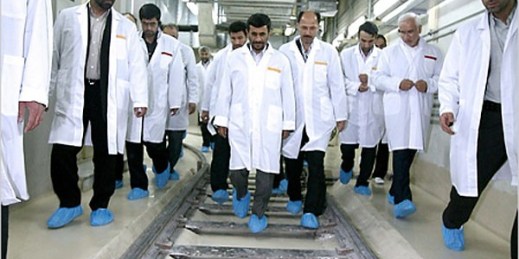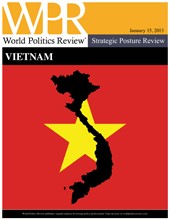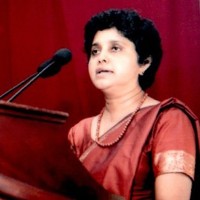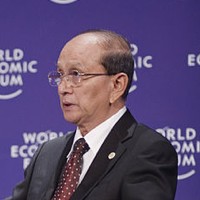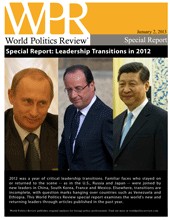
Egyptian President Mohammed Morsi’s efforts to portray an image of moderation for himself, for the Muslim Brotherhood and for Egypt under the Brotherhood’s rule threaten to come undone once again. This time, the curtain has been drawn back by a spate of video clips of the former Muslim Brotherhood leader making bluntly anti-Semitic statements. The statements cannot be dismissed as old rants from an over-enthusiastic young radical. They are recent, dating to just a few months before the January 2011 uprising that ultimately brought Morsi and his political allies in the Muslim Brotherhood to power in Egypt. If Morsi wants […]

